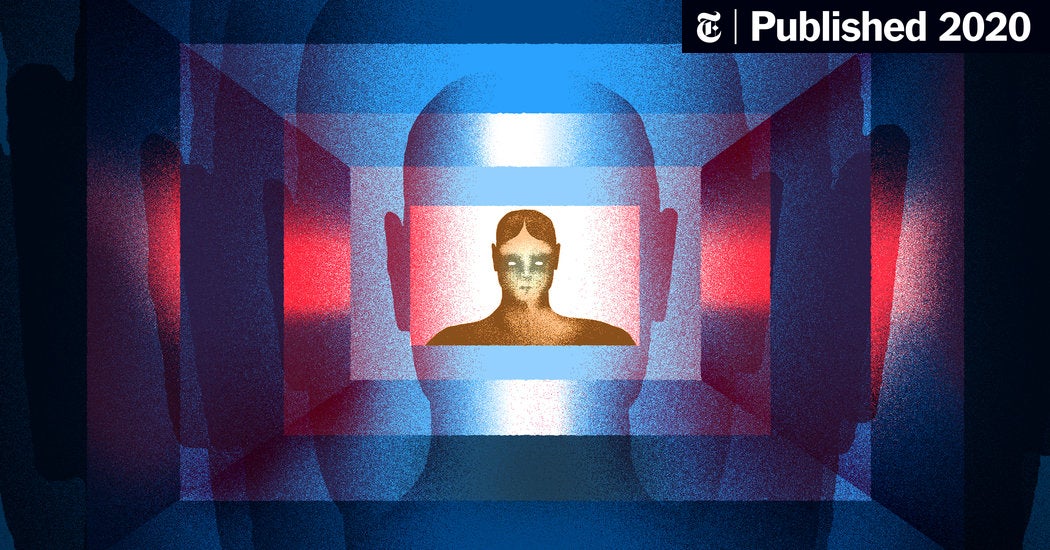I
islamicincel
Veteran
★★★★
- Joined
- Mar 29, 2018
- Posts
- 1,316

Opinion | Who Goes Alt-Right in a Lockdown? (Published 2020)
Mass anxiety, political instability, and isolation are a pretty good combination for warping peoples’ world views.
As a dramatic post from one misogynist subculture, incels (short for involuntarily celibate), recently put it:
“Normies now feel what we feel all the time. Alone, bored, sad, aimless, horny, empty, desolate, disconnected from the rest of humanity — the endless drone of whining and moaning I’m seeing on the social media timelines is the hellscape we have to endure constantly all the time during ‘normal times’, I can’t help but have a huge dose of schadenfreude over this — welcome to our world normiescum.”
To be clear, I am not suggesting that we will all emerge from quarantine as misogynist extremists. But the reality that this post captured is that the internet is a very dark window through which to view the world. Yet more and more people will be doing so for the next few months. The psychological impact of this on a wide scale should not be dismissed, nor should its subsequent repercussions for politics.
It is undeniable that crises like a pandemic demand radical solutions. There is nothing wrong with pointing out the failures in the systems that led to so many dire consequences, or even being angry about them — as many are — and pushing for change. But my research finds that the subcultural aspects of the internet — the communities we go to for support, or to talk to people going through similar things, can make us feel less lonely in the short term but often end up entrenching us further into certain fatalistic and misanthropic ways of thinking. This, in turn, leads less to a focus on political action and more to a preoccupation with punishing transgressors — which is when it becomes dangerous.
And yet, self-isolation is the only way the effects of this pandemic will not be immediately catastrophic. So the best thing we can probably do at this time is seek to better understand how digital radicalization and the far right works, so that we can be better prepared to counter it.
Last edited:






